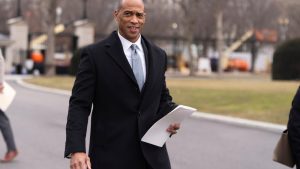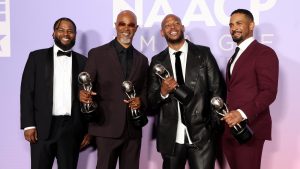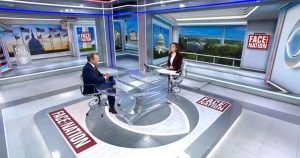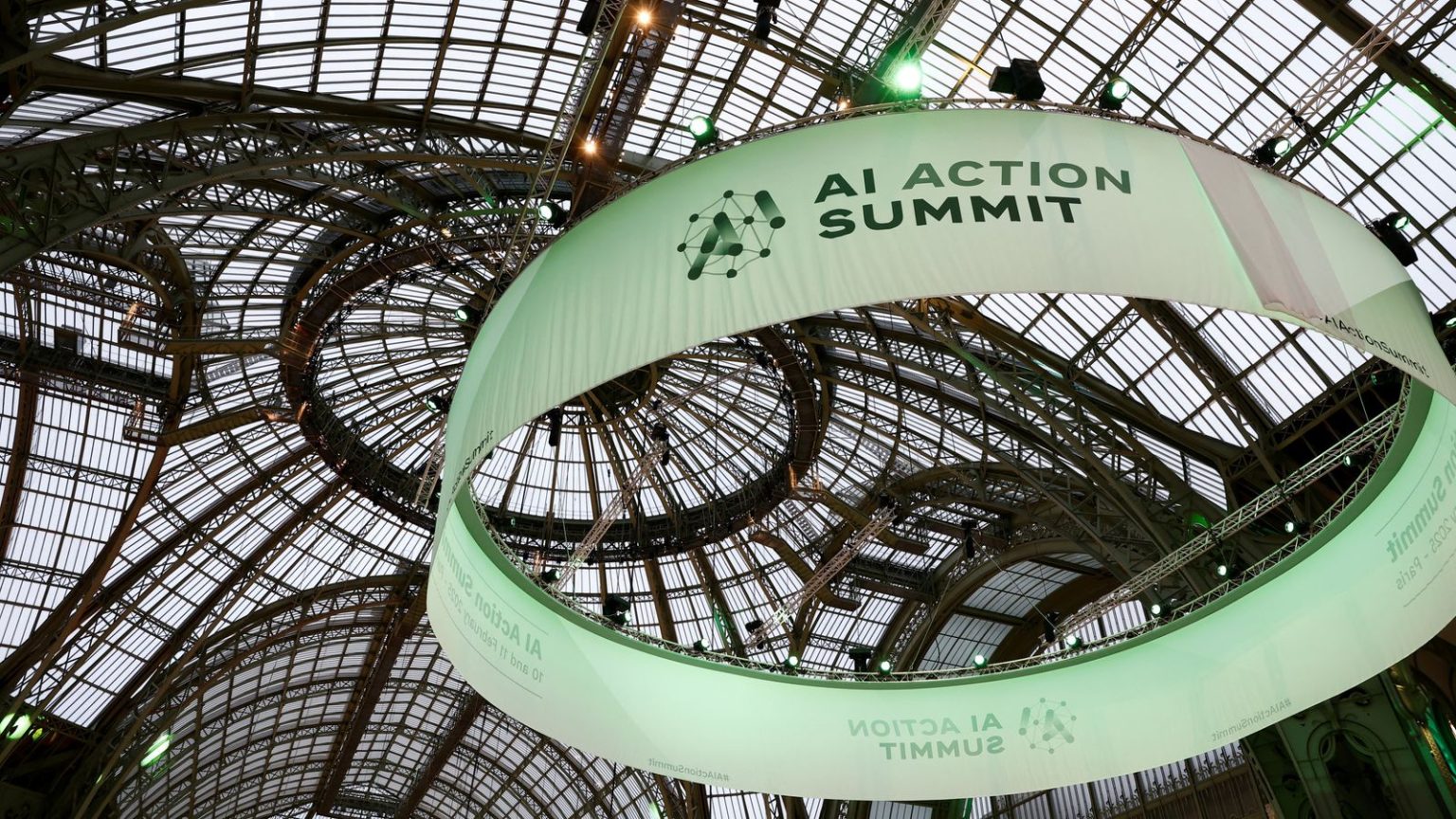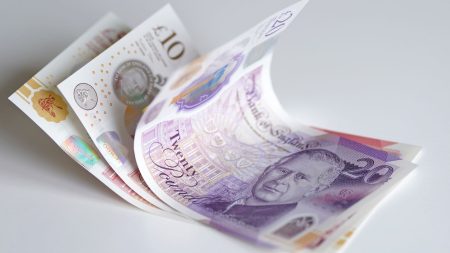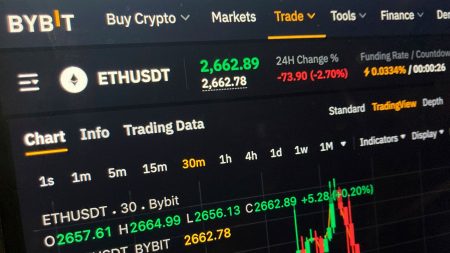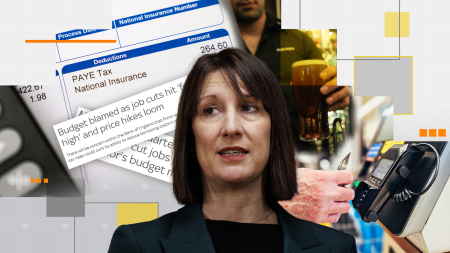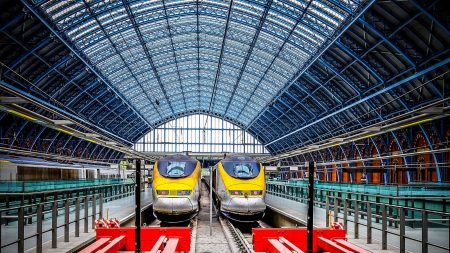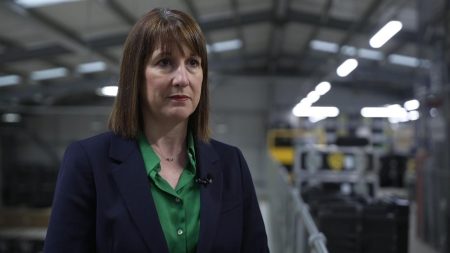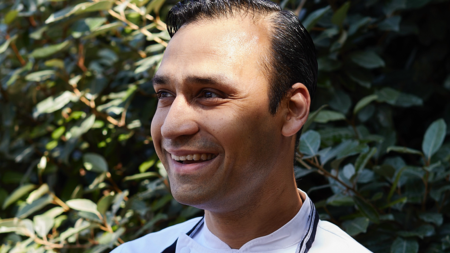Global Leaders Unite in Paris for AI Summit
In a significant move to reshape the future of artificial intelligence (AI), a summit in Paris has brought together prominent global leaders and tech luminaries. The AI Action Summit, co-hosted by Indian Prime Minister Narendra Modi, saw attendees including US Vice President JD Vance, Canadian Prime Minister Justin Trudeau, and Chinese Deputy Leader Zhang Guoqing. This gathering marks a pivotal moment as nations seek to challenge the current dominance of the US and China in AI. JD Vance, on his first overseas trip as Vice President, arrived with his children, highlighting the event’s importance.
The Challenge to US and Chinese Dominance
The summit’s central theme revolves around breaking the US-China duopoly in AI. Currently, the top AI companies are based in the US, but China’s DeepSeek recently unveiled a powerful model at a fraction of the cost, signaling its growing potential. Prime Minister Modi emphasized the need for broader participation to prevent AI from becoming a battleground between the US and China. His Foreign Secretary, Vikram Misri, stressed equitable access to AI to avoid widening the digital divide. This call for inclusivity reflects a global concern about the concentration of AI advancement in just two nations.
Innovation and Regulation in the AI Landscape
The balance between innovation and regulation emerged as a critical discussion point. While the US has rolled back regulations to foster innovation, the EU’s strict AI Safety Bill may hinder European companies. The UK, with its guidelines, is keenly eyeing AI’s economic potential, with Sir Keir Starmer highlighting its £47 billion annual contribution. Tech leaders like Sam Altman and Demis Hassabis stressed the need for innovation and tackled complexities around AI control, emphasizing the intertwining of technological and geopolitical challenges.
The Geopolitical and Economic Implications
The summit also highlighted the geopolitical and economic stakes in AI. Breaking US dominance is challenging, especially with varying regulatory landscapes. The EU’s strict rules contrast with the US’s deregulation, potentially slowing European innovation. Meanwhile, China’s emergence with DeepSeek suggests growing competition. These dynamics underscore the economic and strategic importance of AI, making global cooperation both crucial and complex.
The Presence of Tech Elite and Their Influence
The summit’s attendee list read like a who’s who of tech, with figures like Sundar Pichai and Brad Smith in attendance. Their presence underscores the industry’s role in shaping AI’s future. These leaders continue to advocate for a regulatory environment that allows innovation, influencing policymakers to create frameworks that balance progress with responsibility.
The Risks and Ethical Considerations of AI
Beyond innovation, the summit delved into AI’s risks, with experts like Yoshua Bengio expressing concerns about uncontrollable systems. Despite discussions on protection from unregulated AI, the draft document omitted risk mitigation, prompting criticism. Max Tegmark’s call for binding safety standards reflected broader concerns, urging leaders to prioritize ethical AI development to prevent harm and ensure benefits reach all humanity.
